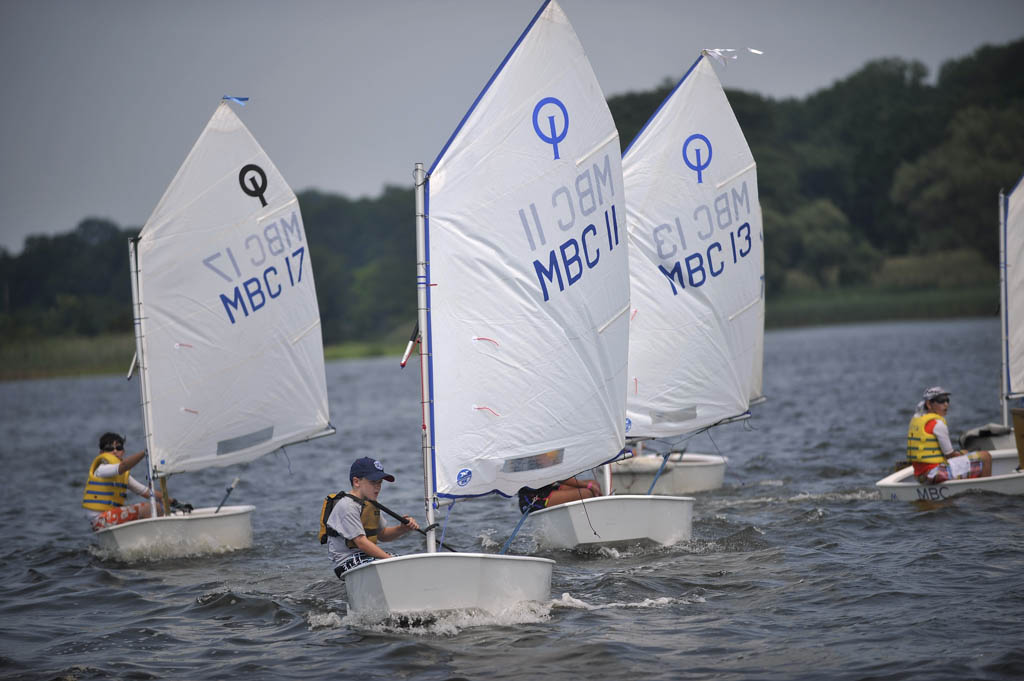By STEVEN VIERA
Staff Writer
RED BANK — Portions of the Navesink River in Red Bank have been contaminated, rendering them unsuitable for public use.
Those findings were announced by the New Jersey Department of Environmental Protection (NJDEP). That triggered the Clean Ocean Action, a Highlands-based nonprofit dedicated to improving water quality along the New Jersey and New York coasts, to conduct an investigation of the Navesink to gauge the degree of contamination and potential causes.
The organization plans on releasing a detailed report of its findings the week of June 20. As the basis of the report, the nonprofit “cast a wide net” and identified and analyzed all data sources on the state, local and county levels according to Cindy Zipf, Clean Ocean Action’s executive director.
In January, the NJDEP designated 565 acres of the river as prohibited for shellfishing due to the severity of the contamination. In addition, according to Clean Ocean Action, NJDEP and the Environmental Protection Agency say that the river is unsafe for swimming or paddling following rainfall.
“From what the data shows, after storm events, the coliform bacteria levels are extremely elevated, so stormwater runoff is a problem. That contains its own challenges in identifying sources. But this doesn’t appear to have a single-point source that we can point to,” Red Bank Environmental Commission member Frank Corrado explained. “There are a number of sources and not all of them are known. Personally, I think this is going to take a broad, holistic effort to understand and fix.”
Zipf pointed out that this condemned area is mostly in the span of the river between Riverview Medical Center and a nearby creek.
“It’s very important that we don’t point fingers and we follow a study to find out where [the contamination] is coming from,” she said.
Zipf also stressed the importance of awareness so that people understand how their actions affect the condition of the river and encouraged a community-wide response to both raise awareness and address the issue, suggesting participation with local environmental commissions as one way of getting involved.
“There are a lot of bright minds in this area with a passion for protecting such a wonderful resource,” Corrado said. “It will be important to get everyone on board so we can address the issue, comprehensively.”
Contact Steven Viera at [email protected].

